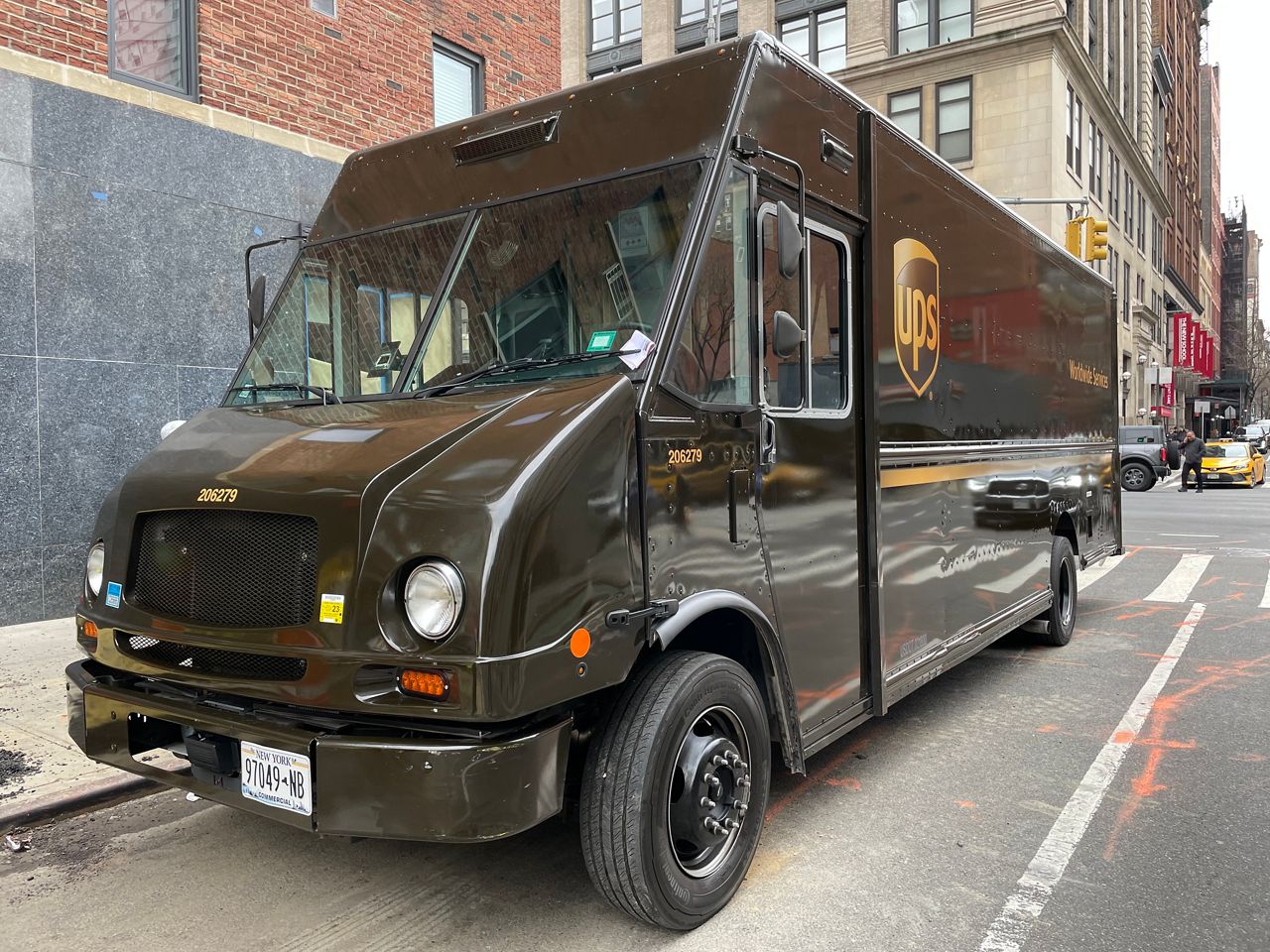Patrick Dixon delivers more than 300 packages per day.
A veteran delivery driver with 18 years of service at United Parcel Service, he moves fast, always keeping a smile on his face.
“I give back positivity and they give me back positivity. I love it. I love it!” Dixon said.
What You Need To Know
- Delivery drivers are having difficulty finding parking
- A UPS driver says he gets up to nine parking tickets per day
- Open Plans is asking the city to expand commercial loading areas and reduce the number of private parking spaces
- The city Department of Transportation is planning to release a comprehensive curbside management strategy later this year
But there is something that interferes with his work: finding a parking spot.
“Since they added the bike lanes, it has gotten worse,” Dixon said.
On a bad day, Dixon says he can collect up to nine tickets.
“We actually pay in tickets in New York City more than the entire world combined. It also makes up about 80% of all the tickets that we pay U.S. domestically,” Axel Carrión, the vice president of state government affairs at UPS, said.

To help delivery workers like Dixon, Open Plans, an organization focused on improving the way city street space is shared, is asking the city to increase the number of commercial loading areas and reduce private parking spaces.
“This benefits everyone. Even if you are a driver, and you think losing a parking space is going to hurt you, in fact, reducing that congestion cost by double-parked trucks is really gonna help you in the long run,” Sara Lind, chief strategy officer at Open Plans, said.
With the rise of e-commerce and the expansion of Citi Bike and bike lanes, fighting for a piece of the curb has never been messier.
A 2021 law required the city to create more than 500 new loading zones every year.
The city Department of Transportation says that about 1,800 of those were installed in 2022.
Later this year, it plans to release a more comprehensive curbside management strategy.
But for now, Dixon and his colleagues will have to do their best to avoid tickets.



